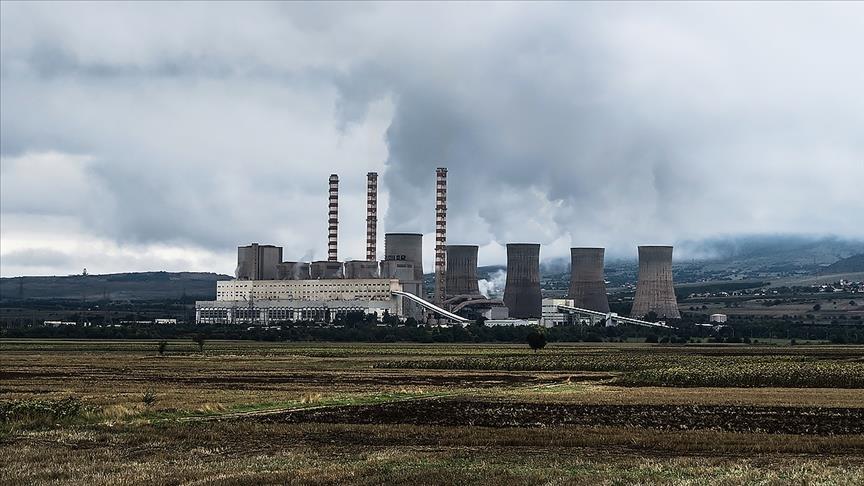Globally 1,485 institutions from 71 countries have committed to fossil fuel divestment, representing an unprecedented total of $39.2 trillion worth of assets, a figure that is higher than the annual GDP of the US and China combined, a new report from Divest/Invest Forum revealed Tuesday.
Ahead of the UN Climate Change Conference, COP26, the report Invest-Divest 2021: A Decade of Progress Towards a Just Climate Future says divestment has been successful at holding fossil fuel companies accountable for the true cost of their unregulated carbon pollution and for chipping away at their political power.
According to the report, with sector-leading institutions like Harvard University, Dutch and Canadian pension fund giants PME and CDPQ, French public bank La Banque Postale, the Ford Foundation, and John D. and Catherine T. MacArthur Foundation committing to divest in the last few months, the movement has reached a threshold moment.
However, the report only tracks public commitments to divest and the true amount of fossil fuel divestment is almost certainly significantly larger.
As the movement is growing, public divestment commitments have grown by 49% in just the last three years, the report found.
'With 10 years of data, there is now hard evidence that divestment is a winning financial strategy. Early adopters of divestment strategies are reporting neutral or positive financial results,' it said in the report, highlighting the grim outlook for fossil fuels despite recent short-term surges.
The divestment movement has become a market factor, as oil companies and market analysts say the movement has gotten so big that it is now affecting the profits of fossil fuel companies.
Regardless, the report said that engagement is still not enough and more investment in climate solutions is badly needed.
'Investment funds large and small are attracted to divestment because the fossil fuel sector has lost value and offered no plan to solve the climate problem,' Director at the Institute for Energy Economics and Financial Analysis, Tom Sanzillo, said of the report.
'It is not possible for investors to be 'net zero' and continue to finance the expansion of fossil fuels. The risk of staying invested in fossil fuels does not stop here,' Mark Campanale, founder and executive chair at Carbon Tracker, said.
According to Campanale, the world has built up an enormous fossil fuel system over the last 200 years and the three main assets are the $900 billion tonnes of coal, oil and gas, valued by the World Bank at $39 trillion.
'Investors concerned about risk will continue to flee the sector, as led by those institutions which had divested from fossil fuels nearly a decade ago,' he said.
A total of 72 faith institutions from 11 countries also joined the fossil fuel divestment movement with more than $4.2 billion of combined assets under their management to address the 'unprecedented ecological crisis' ahead of COP26.
The global divestment announcement comes from faith institutions in countries ranging from Nepal to Ireland to Zambia.
By Nuran Erkul Kaya
Anadolu Agency
energy@aa.com.tr


